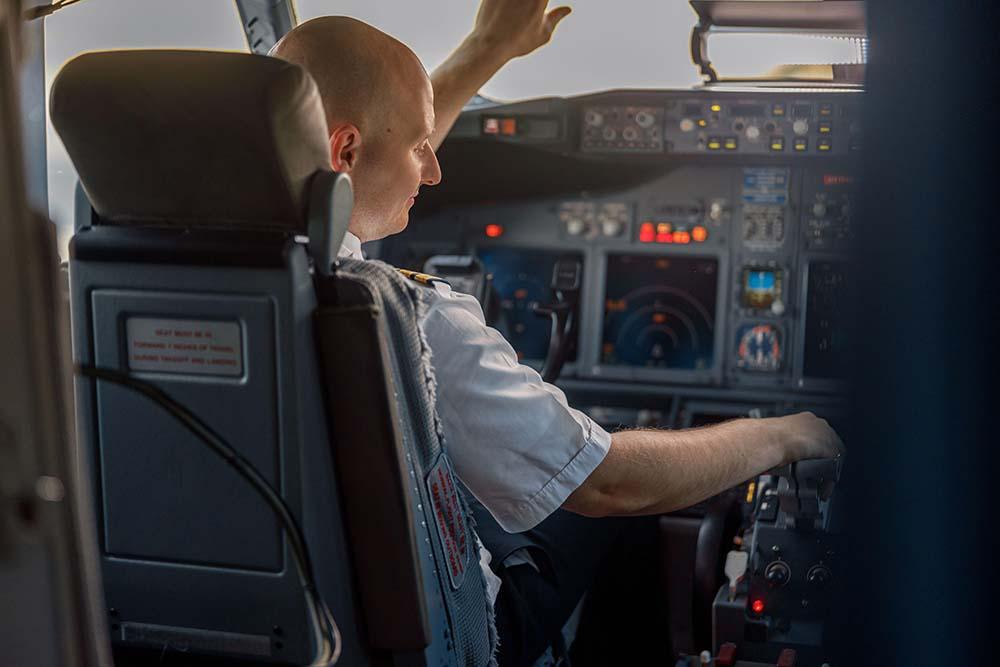
A new training initiative is being launched to tackle potential problems associated with post maintenance check flights, as mandated by the relevant European Union Aviation Safety Agency (EASA) regulation. Salient, an evidenced-based training and pilot training business, says the training is chiefly aimed at smaller fleet operators to reduce the risks associated with post maintenance check flights.
Frank Chapman, a director at Salient and an ex-Airbus test pilot, tells Aviation Week about the undoubtedly low industry awareness of specific training for pilots to conduct maintenance check flights, primarily because of the previous lack of sufficient oversight and regulation. “Muddling through may have been ok in the past, but it is certainly not acceptable today,” says Chapman.
According to Salient, maintenance check flights (MCF) are required on any aircraft that has undergone extensive maintenance or periods of storage, perhaps when transferring ownership from one operator to another. They can be as simple as testing the landing gear after a long period on the ground, to more complex operations such as the in-service technical flight profile mandated by some manufacturers and requiring specially trained crews.
To conduct an MCF, very specific qualifications are required of the pilot to achieve the level required to conduct the check flight. Aircraft owners and maintenance organization must similarly ensure the pilots are qualified and compliant to conduct the planned operation.
While larger operators have their own programs and qualified crews, Chapman says smaller operators might experience challenges finding pilots when required, so the courses were designed specifically with smaller operators in mind.
The training comprises two days of ground school and simulator instruction to address the specific skills, knowledge and procedures required to safely complete an MCF. The training is available in Croatia at the Salient facility or at customer sites with access to a simulator.
Every course is adapted to the needs of the operator and the aircraft, with different scenarios and “what ifs” to give pilots the skills to manage tasks, from initial preparation through post-flight reporting. Pilots who successfully complete the course will be qualified in compliance with EASA’s regulations.
A popular opinion is that MCF should be part of routine training, but Chapman argues that conducting an MCF is anything but routine, therefore, MROs and airlines have tended to use their most experienced pilots only when an MCF is required. “That is understandable. Standard training time is minimized—and some might argue too little already, due principally to cost—so it’s not really practical to include MCF training as part of the standard pilot training regime,” he says.
Chapman believes the lack of knowledge from MROs and airlines about their responsibilities is a problem. Citing several recent incidents that could have ended badly, he adds: “Failing to have the right person at the controls with appropriate training is contrary to the new regulations and could invalidate insurance.”
In the worst-case scenario, Chapman reckons this lack of awareness and training can have fatal consequences, as evidenced by a 2008 accident near Perpignan, France involving an Airbus A320 test flight in which the whole crew was killed. The incident was attributed to the mishandling of the aircraft due to a failure and lack of understanding of correct procedure.
